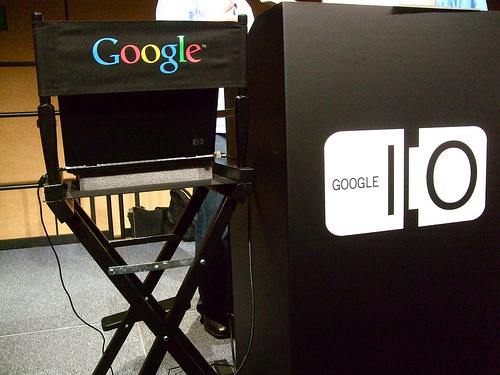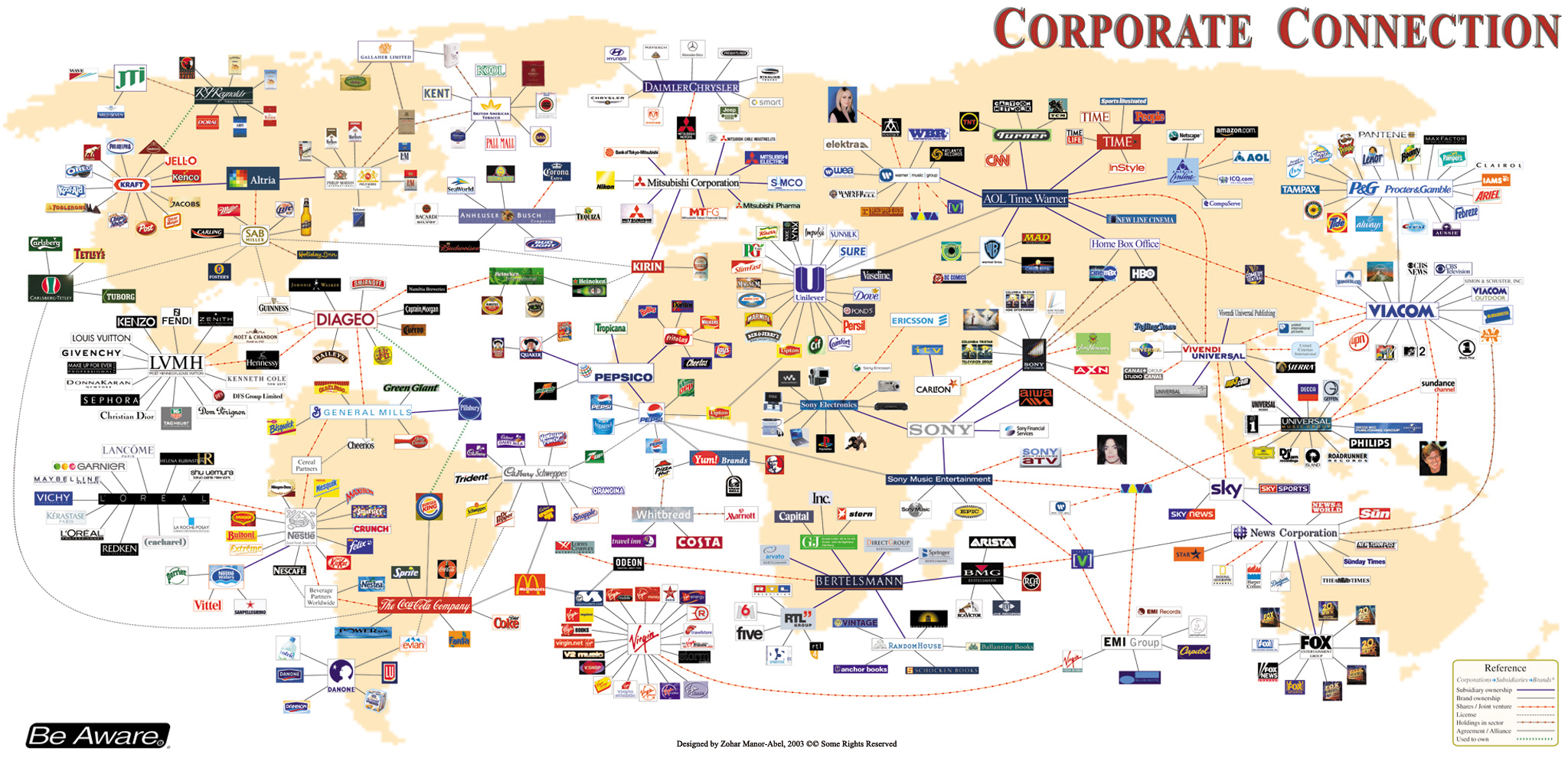 “Digital transformation is bulls**t”, a top director reacted politely in one of the industry networking events I went to, when I said I work in digital marketing. “I have worked with digital ever since I remember, and if you are going to tell me you are one of these ‘agents of change in digital transformation‘, let’s stop the conversation here.”
“Digital transformation is bulls**t”, a top director reacted politely in one of the industry networking events I went to, when I said I work in digital marketing. “I have worked with digital ever since I remember, and if you are going to tell me you are one of these ‘agents of change in digital transformation‘, let’s stop the conversation here.”
Obviously he had a point. Digital transformation might be one of the main buzz words at the moment, but the world has been transforming digitally ever since the paper communication moved into digital format. I had a great pleasure to visit the Centre of Computing History in Cambridge the other day, which served as a delightful reminder of how arrogant we, the new generation of “agents of digital change”, can be. Nothing teaches you humility like playing with devices that were transforming the world – digitally – before I was even born.
So yes, digital transformation is not a new concept. What has changed though, is the speed it transforms us.
Digital is digital, right?
This speed is not easy to adapt to. Not only are companies tied with inflexible – yet once so revolutionary – legacy systems, but the main problem lies in the attitude. Many of these companies were ahead of the curve, when they started using digital communications and mobile technology, but with the years of success comes reluctance – and cost – to change. Understandable. Why to invest in a new expensive digital technology if your existing technology does the job? Digital is digital, right?
There lies the main problem with “digital transformation” buzz word: no one actually agrees what it means. Everyone has their own idea of the concept, and what needs to be done. We are told companies need to adapt and change.
Yes, but change and adapt because of what? The new technology?
Real digital transformation happens in people
Not quite. What you need to adapt to is the changing attitudes and behaviour of the people who have been part of the real digital transformation that started tens of years ago. Every technological advancement changes generations. It creates new global communities. It creates new needs that didn’t exist few years ago. And with every generation the speed of change increases.
Consumers are well-informed, they expect more, and they want information in real time. 67% of the buying process happens digitally before consumer even comes to your website or speaks with sales.
Don’t just change the technology, change the mindset
This is exactly what disruptive companies tap into, shaking even as well-established industries as banking and insurance. They put customer in the centre of everything and use new, flexible technology to answer and eliminate the real pain points customers have with traditional companies.
So instead of simply implementing the latest digital technology to do things you already do more efficiently, it’s worth rethinking your own processes. Are you answering the real issues and needs the different digital generations have? Are you adapting fast enough to answer their expectations? Are you doing things currently the way you do, just because at the time it wasn’t digitally possible to do it the better way?
So if “an agent of digital transformation” tells you, that digital transformation simply means upgrading your software and using social media with generation Y and Z, then yes – their concept of digital transformation is indeed – ehm – worth swearing about.







